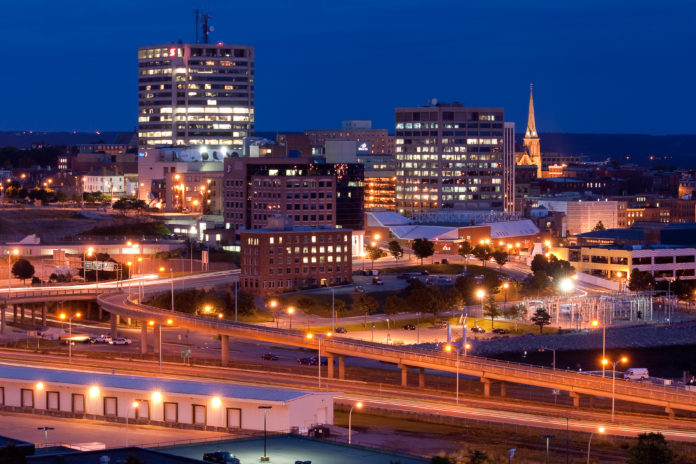
New Brunswick contractors are being forced to turn down work because of a shortage of skilled workers caused by a downturn in immigration due to COVID-19.
“We work our whole lives to be at this point and now we have got to say no,” Jonathan Denton, owner of Little John’s Renovations in Moncton, reportedly told Global News earlier this month.
The contractor is now turning away roughly 20 per cent of the business coming his way during a construction boom because he can’t find enough skilled workers.
Overall, economic immigration to New Brunswick fell by 52.7 per cent last year, from 5,060 new permanent residents to the province under these programs in 2019 to only 2,395 in 2020.
And the worker programs, including the Atlantic Immigration Pilot, Canadian Experience, Caregiver, Skilled Trade and Skilled Worker programs, were particularly hard hit.
Read More
COVID-19 Vaccination Program, Atlantic Bubble Set To Benefit New Brunswick Immigration
New Brunswick Immigration Stream For Truck Drivers: Work Experience Requirement Reduced
Permanent Residence Route For New Brunswick International Graduates in Lower Skilled Jobs
The number of new permanent residents to the province under those worker programs dropped by 56.6 per cent last year, to only 955 compared to 2,200 in 2019.
it’s not just Little John’s Renovations that this downturn in immigration is hurting.
Contractors providing all kinds of skilled trade work across the province are turning down work as the worker shortage ripples through the industry, including roofers and bricklayers, Courtney Donovan, the New Brunswick executive director of Skills Canada, reportedly told Global news.
Trade Jobs Dominate In Moncton
In Moncton alone, one of the three bigger cities in New Brunswick, more than half the new jobs over the next three years are expected to be in the trades. There are expected to be 7,000 new jobs in that urban core, 4,000 of them in the trades, by the end of 2024.
Faced with that labour shortage, Skills Canada New Brunswick is going so far as to try to encourage children who are still in middle school to pursue careers in the trades.
Ottawa is looking to import that skill set by boosting immigration.
The federal government wants to welcome more than 1.2 million newcomers between 2021 and 2023. There are to be 401,000 new permanent residents to Canada this year, 411,000 next year, and 421,000 in 2023.
Earlier this year, Immigration Minister Marco Mendicino said he’s confident Ottawa will be able to hit those targets.
“When I tabled the immigration plan a little while ago, we could have put a pause, we could have reversed, we could have cut immigration but I believe, I firmly believe and our government believes that through immigration we will continue to grow,” he said.
New Policies To Allow People In To Canada
“I am confident that we can hit the levels that we have set … I’m confident because we are innovating at quantum speed … We have created new polices that will allow people into the country but in a manner that is safe.”
Despite its current shortage of skilled labour, New Brunswick actually suffered much less than many other Canadian provinces last year, taking a hit to its economy of only three per cent of its real Gross Domestic Product (GDP) as it managed to keep COVID-19 cases down.
“With the exception of some of its Atlantic Canada peers, it has maintained the lowest per capita caseload in all of North America,” TD Economics stated in a forecast. “After witnessing the smallest peak-trough job decline among the provinces (last) spring, New Brunswick has recorded a relatively swift hiring recovery.
“Success in containing the pandemic has also reflected in stronger household and retail spending.”
During the pandemic, New Brunswick continued to enjoy a strong housing market but its reliance on oil exports led to a downturn in its manufacturing and oil sectors.
The one bright spot for immigration in New Brunswick last year was its business immigration programs which boomed and resulted in twice as many new permanent residents to the province under the Federal Self-Employed Class, and the Start-Up Visa program. The number of new permanent residents to New Brunswick under these programs jumped to 20 last year from 10 in 2019.

